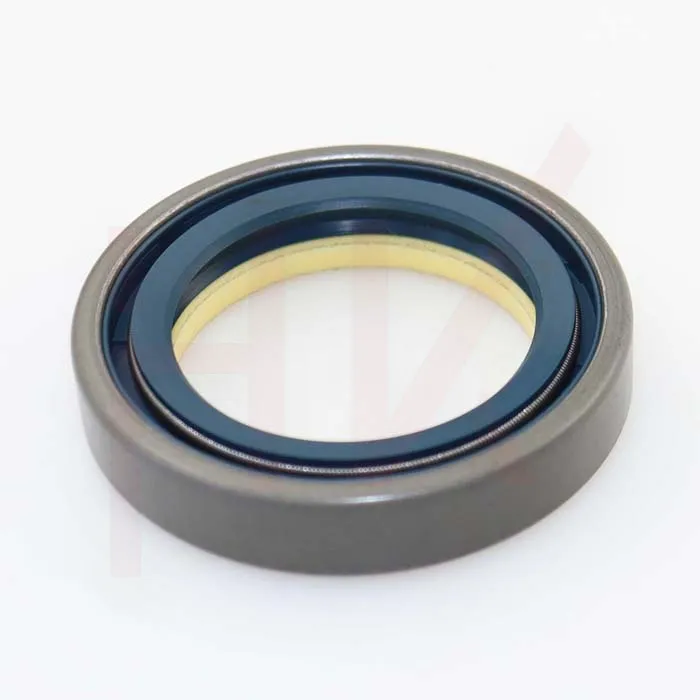Nov . 24, 2024 12:22 Back to list
custom oil seals
Custom Oil Seals Key Components in Machinery Performance
In the realm of machinery and mechanical systems, the importance of oil seals cannot be overstated. These components serve a critical role in preventing leaks, maintaining lubrication, and extending the lifespan of equipment. Among the various types of oil seals available in the market, custom oil seals have emerged as a key solution for businesses looking to optimize their mechanical operations.
Custom oil seals are tailored to meet specific requirements of different applications, ensuring an optimal fit and performance. Unlike standard seals, which may not address unique design challenges, custom solutions take into account the dimensions, materials, and operational conditions of a particular application. Whether it’s for agricultural machinery, automotive engines, or industrial equipment, custom oil seals are designed to perform under varied conditions such as temperature fluctuations, pressure extremes, and exposure to chemicals.
One of the primary advantages of utilizing custom oil seals is enhanced reliability
. When seals are designed specifically for a given application, they are more likely to provide a perfect fit, which minimizes the risk of leaks and failures. This not only helps in maintaining the integrity of the lubricants within the machinery but also reduces the likelihood of contamination from external elements. In industries where machinery operates at high speeds or under heavy loads, the performance of oil seals becomes even more crucial. Custom seals can be engineered to withstand these demanding conditions, ensuring uninterrupted operation and reducing maintenance costs.custom oil seals

Additionally, custom oil seals can be produced using a range of materials to suit specific environmental conditions. For instance, seals made from fluorocarbon elastomers may be more effective in high-temperature applications, while nitrile rubber seals might be more suitable for applications requiring resistance to petroleum-based oils. Companies can work with manufacturers to select the best material that aligns with their operational needs, resulting in higher efficiency and performance longevity.
The design process of custom oil seals often involves close collaboration between engineers and manufacturers. This collaborative approach ensures that every aspect of the seal—from its profile to its hardness and material—meets the exact specifications. Advanced manufacturing technology, such as computer-aided design (CAD), is frequently employed to create precise models that can be tested for performance before full-scale production begins. This iterative design process enhances the likelihood of success in real-world applications.
In conclusion, custom oil seals are vital components in the machinery landscape, offering tailored solutions that enhance reliability and performance. By addressing the unique needs of various applications and providing flexibility in material selection and design, custom oil seals contribute to the overall efficiency and longevity of mechanical systems. As industries continue to evolve, the demand for customized solutions will likely grow, driving innovation in oil seal technology and further solidifying their role as essential elements in machinery design and operation. For businesses looking to enhance their equipment’s performance, investing in custom oil seals is a step toward achieving operational excellence.
-
Unlocking the Potential of Hydraulic Systems with Essential Sealing Solutions
NewsAug.06,2025
-
Unleash the Power of Your Hydraulic Systems with Our Premium Seal Kits
NewsAug.06,2025
-
Specialized Hydraulic Seal Kits for Breakers, Pistons, and Presses
NewsAug.06,2025
-
Revitalize Hydraulic Systems with Premium Repair and Seal Kits
NewsAug.06,2025
-
Fortify Your Cylinders with Premium Sealing Solutions
NewsAug.06,2025
-
Elevate Hydraulic System Reliability with Specialized Seal Kits
NewsAug.06,2025
-
TCN Oil Seal Metal Ring Reinforcement for Heavy Machinery
NewsJul.25,2025
Products categories
















